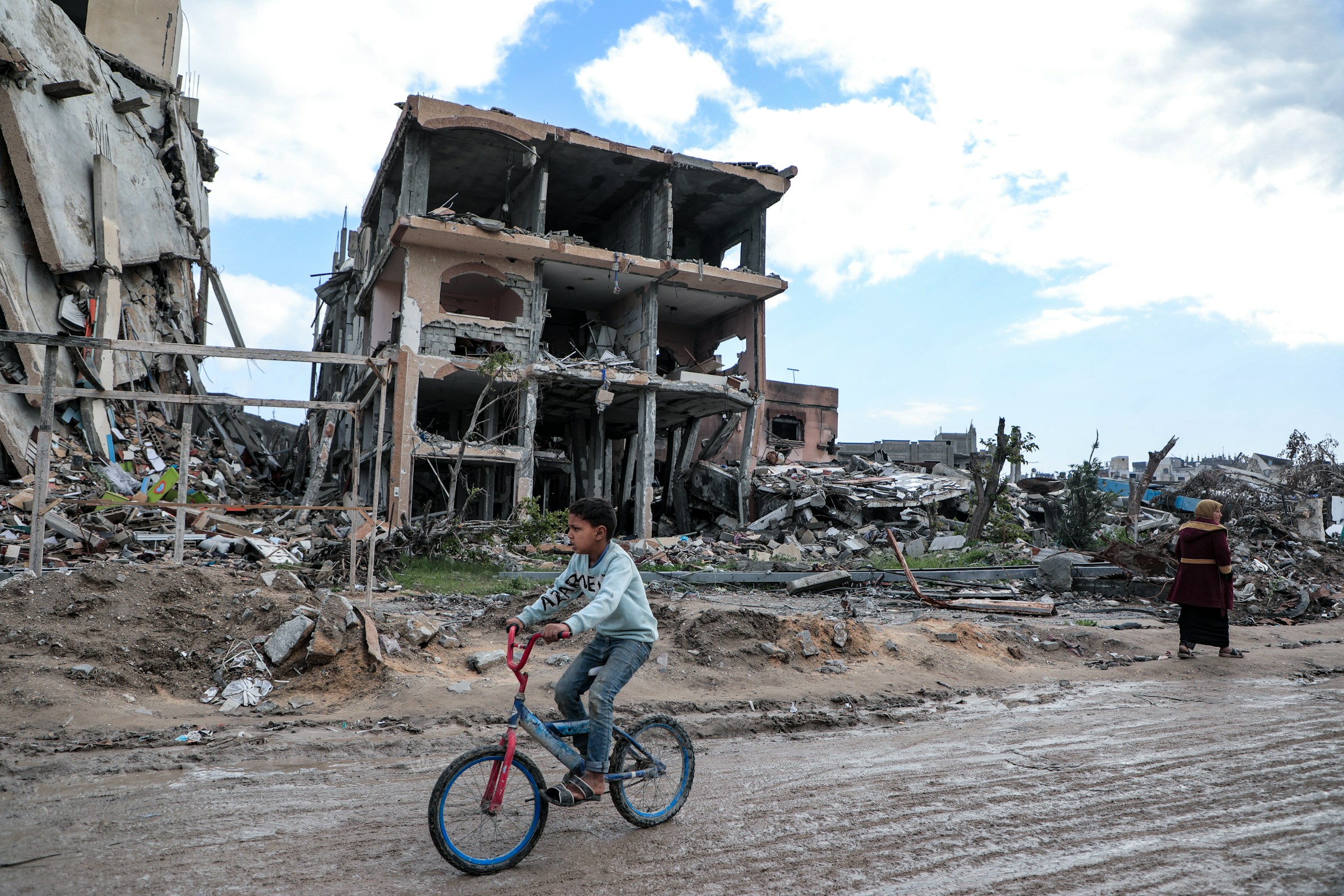Norway’s sovereign wealth fund has made a high-signal move that blends fiduciary discipline with ethical guardrails. The fund excluded Caterpillar and five Israeli banks after its Council on Ethics concluded there is an unacceptable risk of serious rights violations tied to the Israel-Hamas war and settlement activity in the West Bank. The Executive Board of Norges Bank finalized the exclusions on August 25, a decision that directly links the fund’s public mandate to operational choices inside global supply chains.
The fund’s action on Caterpillar is notable for two reasons. First, it extends the conflict-linked exclusion beyond Israeli issuers to a major US manufacturer, a rare step in the fund’s history and one that underscores the extraterritorial reach of ethical screens when usage risk is clear. Second, it rests on a specific operational nexus. The Council on Ethics found that Caterpillar bulldozers have been used by Israeli authorities in the widespread unlawful destruction of Palestinian property, which the fund judged to carry an unacceptable risk of contributing to serious violations of international humanitarian law. The fund previously held roughly 1.2 percent of Caterpillar, valued at about 2.1 billion dollars at the time of reporting.
On the financial side, the exclusions also capture five Israeli lenders and a holding company. Bank Hapoalim, Bank Leumi, Mizrahi Tefahot, First International Bank of Israel, and FIBI Holdings were removed on the basis that their services help enable settlement construction in occupied territory. The Council’s logic is straightforward. When a bank finances or facilitates core infrastructure in a settlement, that assistance is not a neutral service. It becomes part of an activity judged to undermine rights, and the fund steps away to avoid complicity risk.
This is not an isolated adjustment. Earlier in August the fund said it would sell out of 11 Israeli companies as a first wave of reductions, a move that drew attention at home and prompted Norway’s prime minister to ask Finance Minister Jens Stoltenberg for a formal review of Israel-linked holdings. The divestments have since accelerated, and in public remarks Stoltenberg has framed the approach as a balance between ethical obligations and operational independence. That balance is critical for a vehicle that now sits near two trillion dollars and anchors Norway’s long-term fiscal rule.
Strategically, the Caterpillar decision tells corporate operators three things. First, end-use matters as much as design intent. The fund did not claim Caterpillar designed equipment for rights abuses. Instead, it focused on foreseeable usage patterns that have persisted across multiple reporting cycles and conflict phases. That standard shifts the burden from product labeling to risk governance and due diligence inside the vendor’s customer ecosystem. In plain terms, if a product is repeatedly used in ways that trigger international law concerns, investors using formal ethics screens may exit even if the company says the use is beyond its control.
Second, European asset owners are hardening conflict-exposure rules while still resisting overt politicization. Norway’s fund continues to reject framing as a foreign policy instrument, yet its actions carry foreign policy implications by shaping access to European capital. That tension will not disappear. It will instead be managed through documented criteria, transparent council opinions, and defensible processes that can survive domestic scrutiny and legal challenge in other jurisdictions. The emphasis on a written recommendation, published exclusions, and a clear rationale is part of that institutional armor.
Third, suppliers into high-risk geographies should expect investor pressure to migrate from general ESG rhetoric into specific operational asks. For an equipment maker, that might include enhanced contractual clauses, more active distributor oversight, or withdrawal from end users where misuse is predictable and well evidenced. For financial institutions, it will likely mean deepened client screening tied to territory status and project type, rather than generic reputational checks. These are not public relations upgrades. They are costly control systems that boards will need to prioritize if they wish to retain access to Europe’s largest pools of passive and quasi-passive capital.
There is also a comparative lens. Gulf sovereign funds have historically prioritized strategic industrial and technology stakes with less public emphasis on exclusion lists, while many US asset owners remain constrained by state-level anti-boycott statutes in how they publicly describe or pursue Israel-related divestments. Against that landscape, Norway’s approach functions as a reference model for ethics-first exclusions that still maintain an arm’s-length posture from day-to-day politics. It is the combination of procedural rigor and willingness to extend the standard to non-local companies that distinguishes this move. The Financial Times noted this marks the first time the fund has excluded a non-Israeli company over this conflict, which signals a wider perimeter for enforcement.
Norway wealth fund divests Caterpillar is not a headline about optics. It is a statement about how modern fiduciaries map capital to conduct in live conflict zones. The list of exclusions will evolve with the facts. What matters for operators is the message embedded in the methodology. If an asset owner can document sustained misuse risk with credible sources, it will act, even when the company in question sits at the center of a major index and an industrial supply chain that spans the globe. That is a strategic constraint as real as any cost of capital.







.jpg&w=3840&q=75)
.jpg&w=3840&q=75)
.jpg&w=3840&q=75)

.jpg&w=3840&q=75)


